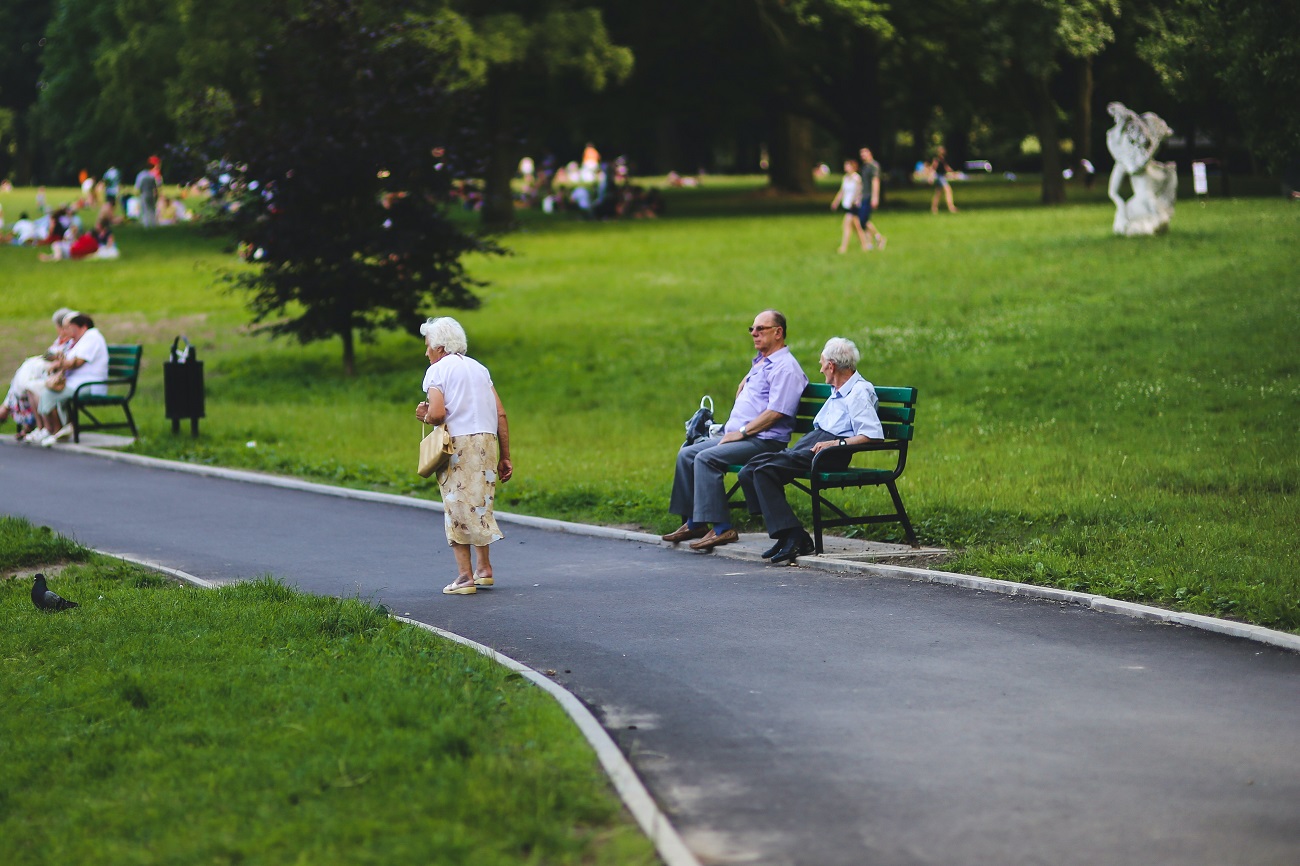
Stress Urinary Incontinence in Men and Women
Stress urinary incontinence is a type of urinary incontinence that usually occurs when the person coughs, sneezes, or exercises. Stress incontinence may happen due to pregnancy or just after giving birth to a baby.
This is the problem mostly endured by elderly women. Stress incontinence is an embarrassment for many. The person suffering from stress or mixed incontinence has a sensitive or overactive bladder, especially at night, that causes the urge to pee a lot.
How many times is normal to urinate at night?
How frequently you need to pee is a decent marker of your body's general condition of hydration. It's viewed as typical to need to pee around six to ten times in the entire 24-hour term. It all depends on the weather and your day to day physical activities and exercise.
In case you're going more regularly than that limit, it could just imply that you might be drinking unnecessary a lot of liquid that urges to pee a lot.
Frequent trips to the toilet can be a side effect of an overactive bladder that could be brought about by a few issues, including nerve harm, drugs, bladder contamination, prostate issues, being overweight, and estrogen inadequacy.
The urge to urinate is so strong that you can't hold pee in the bladder. The condition where when a person passes urine involuntarily is called urinary incontinence.
In stress incontinence, the condition can be more embarrassing the person can urinate without urination urge while laughing, sneezing, or coughing. Any unexpected additional pressure on your the bladder can make pee spill out of your urethra in Stress incontinence.
Causes of Stress Incontinence
In stress incontinence, the pelvic floor muscles get feeble or injured. Issues with pelvic floor muscles might be brought about by:
-
Damage during childbirth
-
Increased pressure on your tummy
-
Aging
-
Constipation
-
Prostate gland infection
-
Neurological disorders such as Parkinson's disease or multiple sclerosis
-
Connective tissue disorders such as Ehlers- Danlos syndrome
-
Drugs and Medicines
-
Excessive caffeine and alcohol use
Stress Urinary Incontinence Treatment
The purpose of treatment is to restore the strength of the pelvic floor by improving the capacity of the muscles that help the bladder, urethra, and different organs contained in the pelvic region.
The doctor may recommend the following behavior therapy. Medication or surgical treatments.
1. Kegel exercises for pregnancy
Kegel exercises strengthen the pelvic floor muscles that support the bladder, uterus, and bowels. By strengthening these muscles during your pregnancy, you can avoid incontinence during pregnancy. Kegel exercise for pregnant women is highly recommended even after six weeks of childbirth to help the pelvic muscles return to a healthy state, and increases urinary control.
2. Bladder training
Because the bladder is controlled by muscles, it can be trained. Training the bladder and sphincter muscles is quite challenging. But studies over the years prove the success of bladder retraining programs for both women and men experiencing symptoms of stress incontinence.
3. Fluid consumption control
You may be advised on how much liquid can be consumed during the day and night. At the same time, you need to be hydrated as well. Do not cut down your water intake instead avoid caffeinated and alcoholic beverages.
4. Surgery
If non-surgical bladder training and Fluid consumption control treatments for urinary incontinence are unsuccessful or unsuitable, surgery may be recommended. Surgical options include sling the procedure, injectable bulking agents, inflatable artificial sphincter, etc.
5. Medications
Medicines are not a very effective treatment for stress incontinence. Though, antidepressant duloxetine is used for the treatment in some places. Medicines are temporary relief from stress incontinence. Medicines have side-effects as well.
Managing Stress Incontinence
If you cannot afford expensive treatment, your body is not responding well to the treatment or you cannot do the bladder training program or Kegel exercises due to old age. You can still manage incontinence using incontinence safety products like overnight adult diapers, underpads, adult pull up diapers etc. These are made from anti-bacterial leakage-proof materials. Incontinence will not interfere with daily activities, such as your work, hobbies, and social life.






